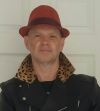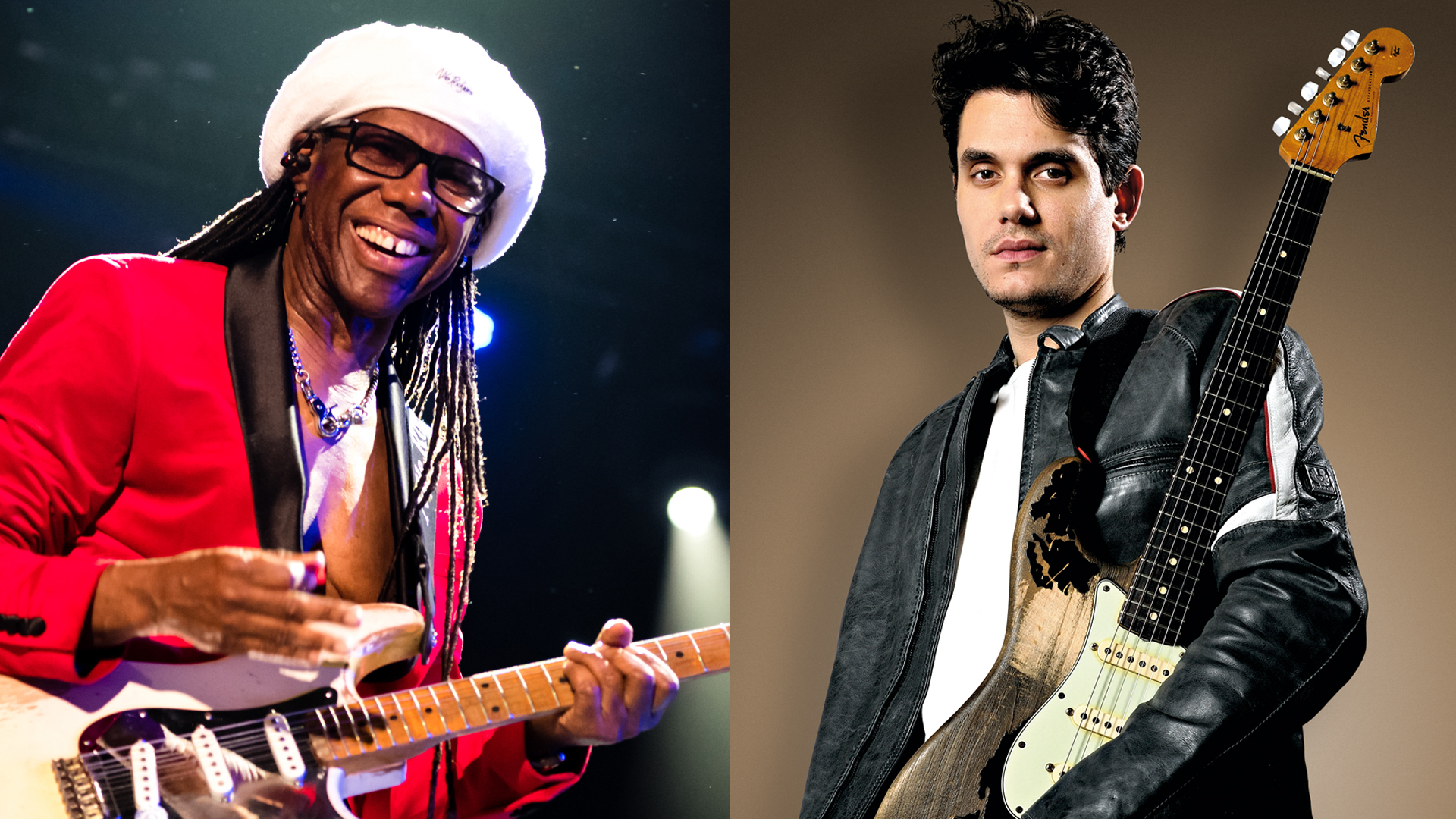"Your Recorded Music Is Your Legacy": Derek Trucks and Susan Tedeschi Reveal the Guitar Secrets Behind ‘I Am the Moon’
Their expansive quadruple album project explodes with joy, power and positivity
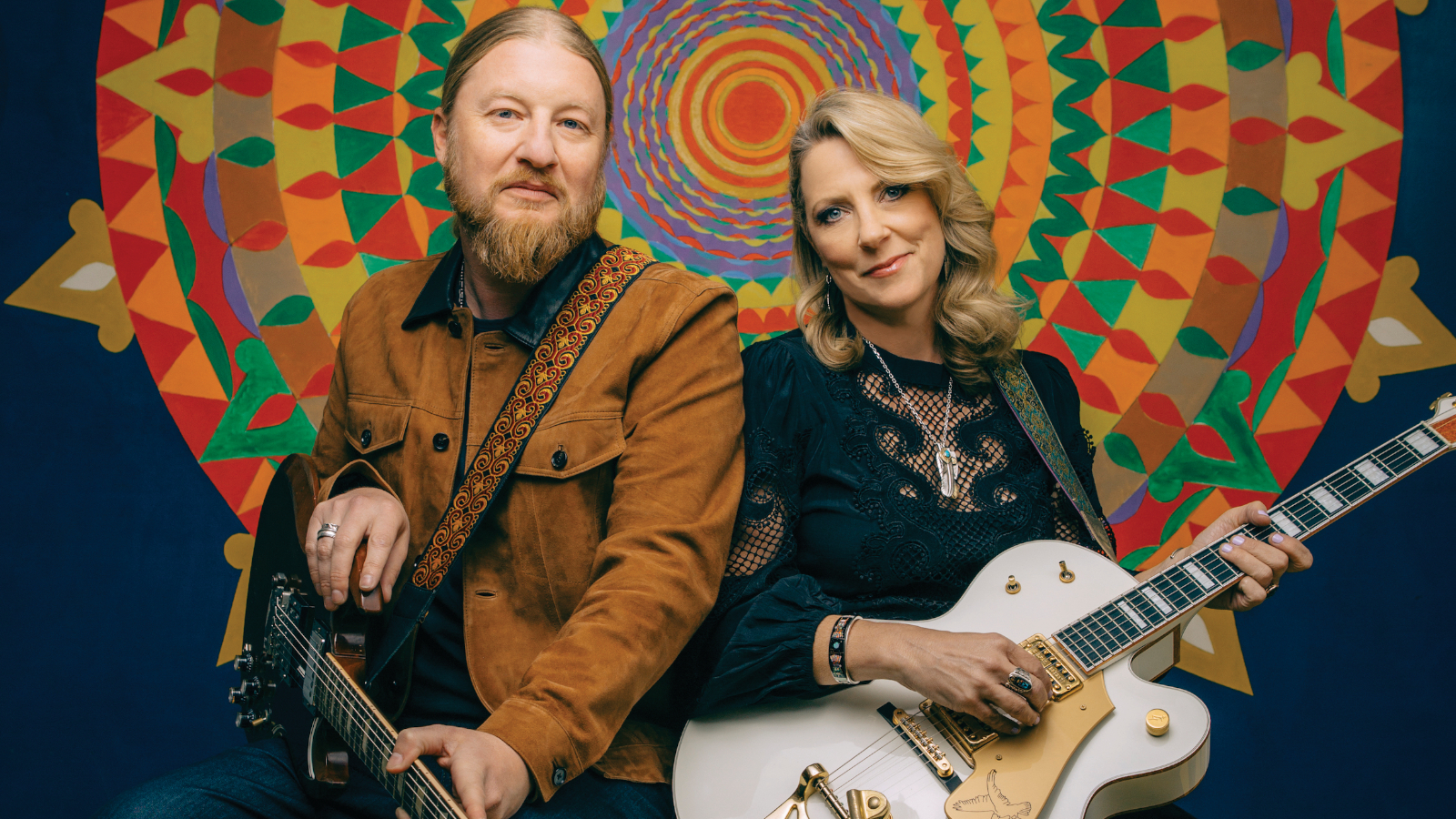
All the latest guitar news, interviews, lessons, reviews, deals and more, direct to your inbox!
You are now subscribed
Your newsletter sign-up was successful
As musical acts go, the Tedeschi Trucks Band is a large, family-style affair consisting of a dozen of the finest, top-caliber musicians.
At the front of it all is the husband-and-wife team of slide virtuoso Derek Trucks and singer/guitarist Susan Tedeschi.
Now some 12 years into their history, the Tedeschi Trucks Band has just issued a quartet of albums as sprawling and packed with musical virtuosity as the group itself.
Released under the umbrella title I Am the Moon, it consists of 24 new songs, with a total running time of more than two hours, presented in easily digestible servings as I. Crescent, II. Ascension, III. The Fall and IV. Farewell.
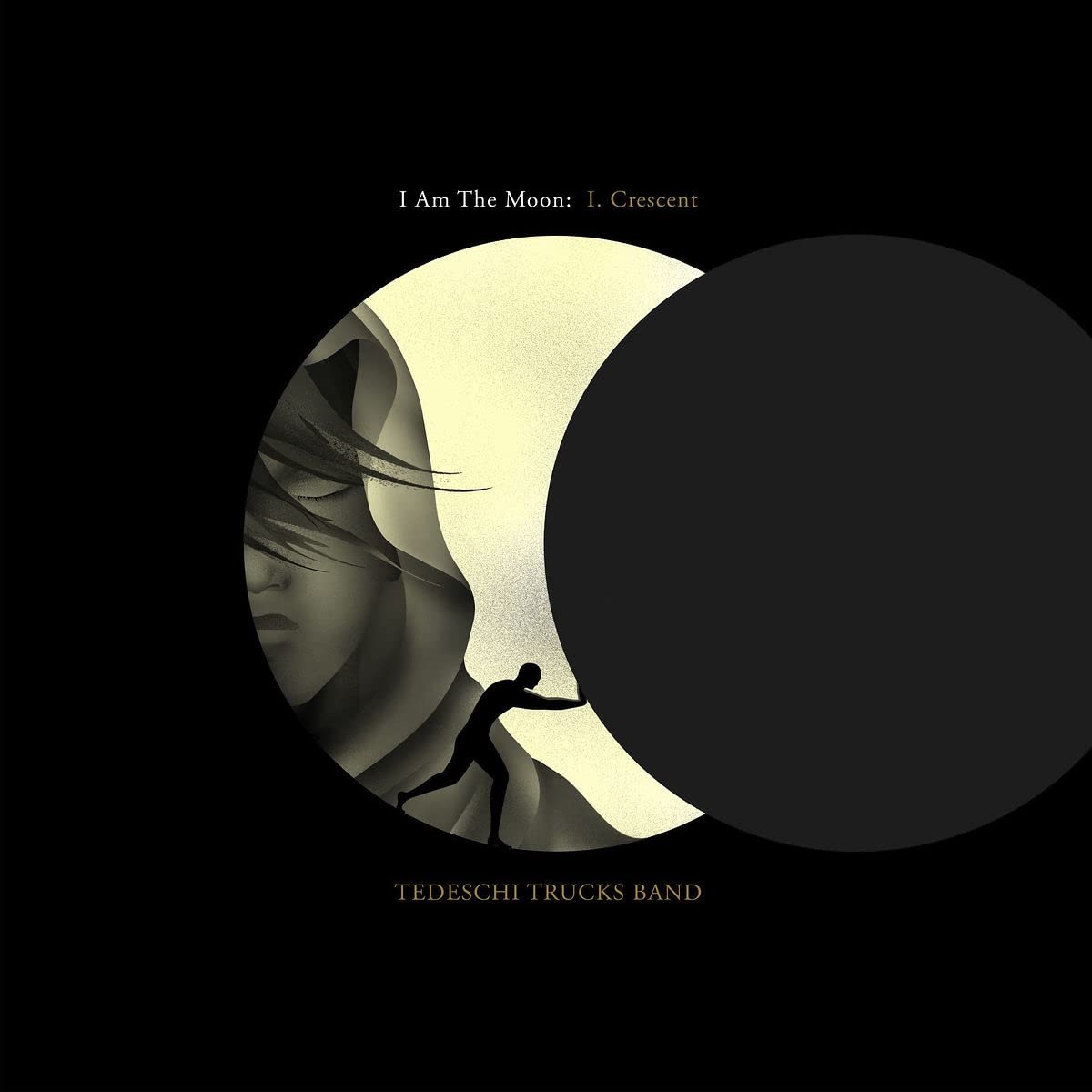
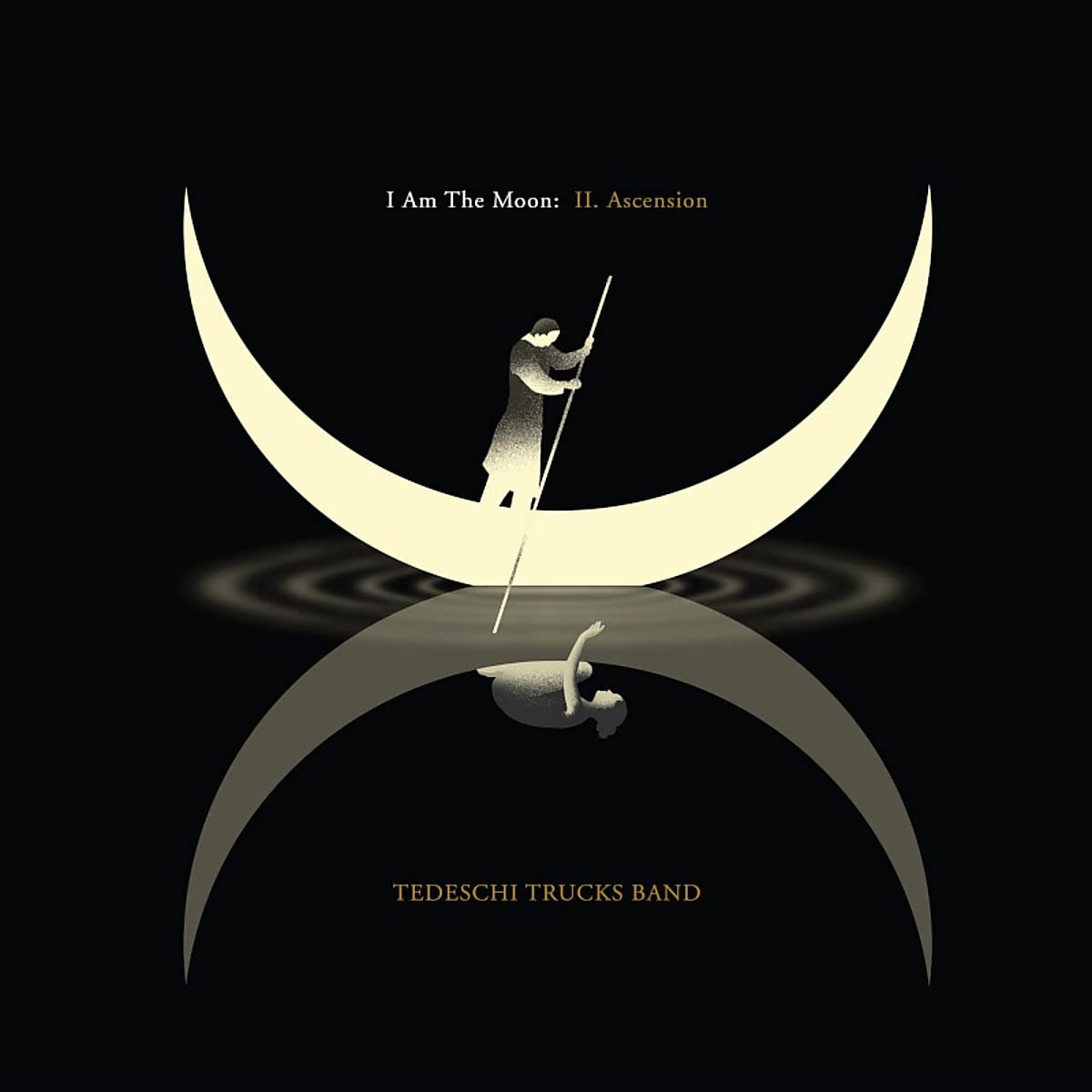
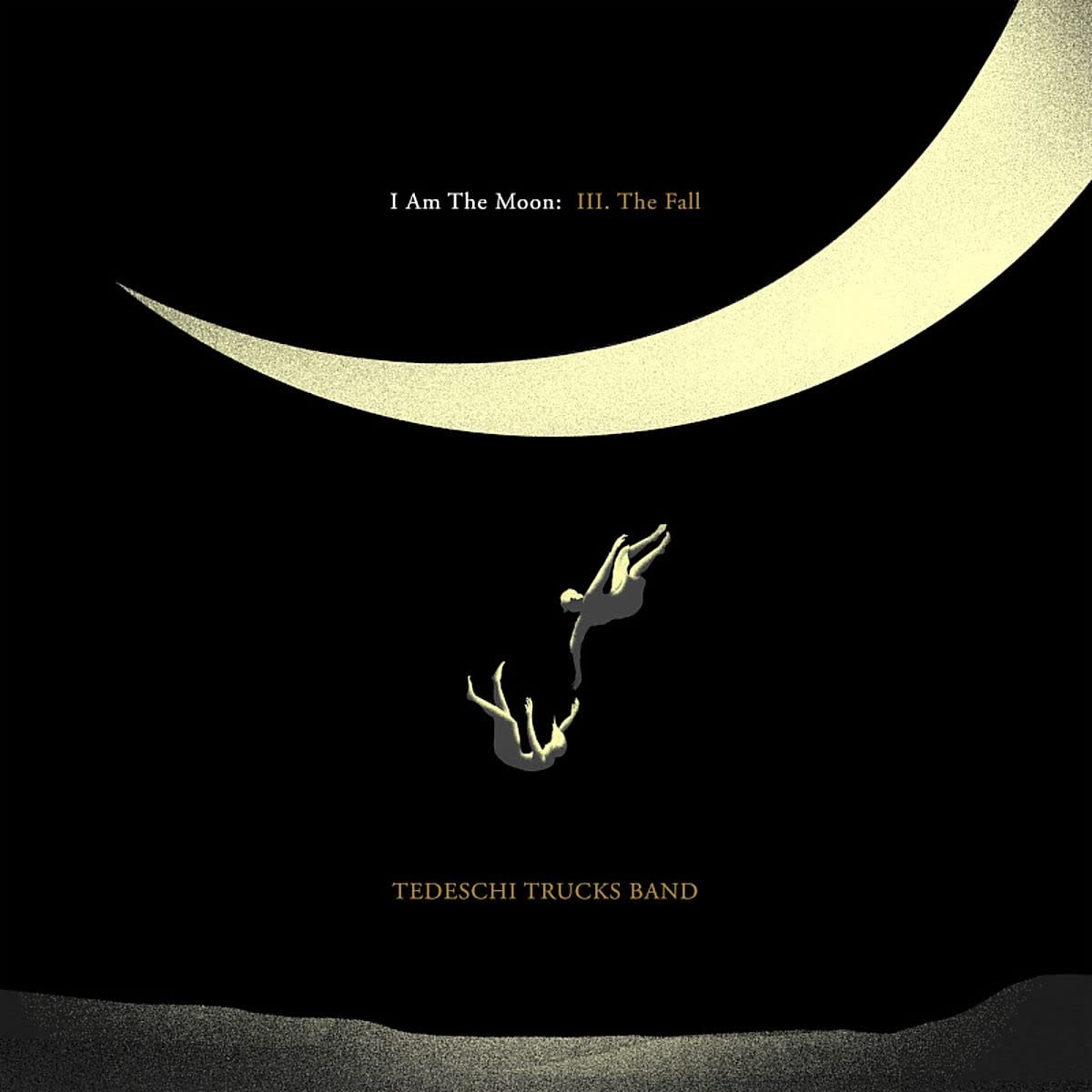
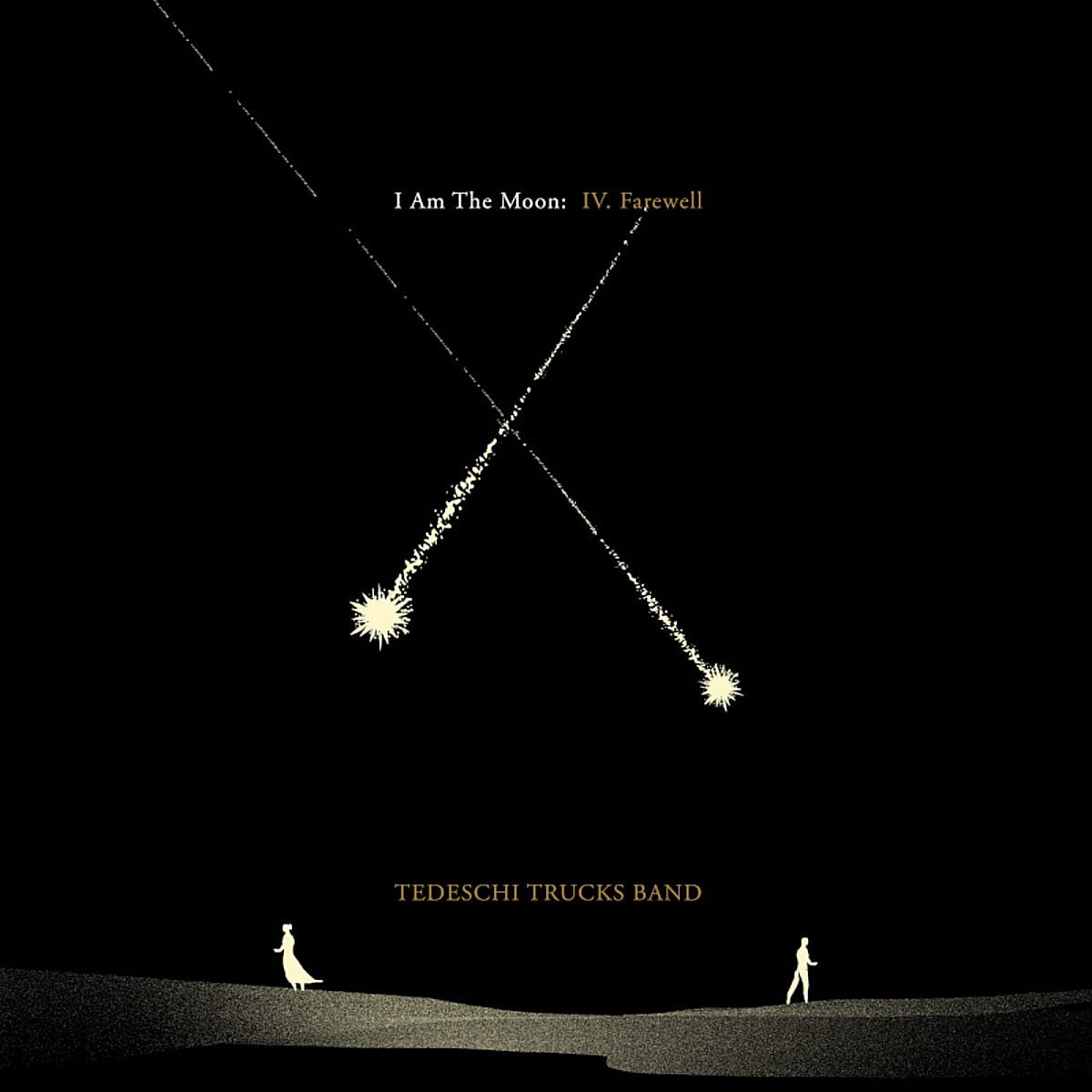
This avalanche of new music is the result of a period of feverish creativity, when the band was forced off the road due to the global shutdown in the wake of COVID-19.
The inspiration for the project came after TTB member Mike Mattison suggested the band should read the epic 12th century Persian poem Layla and Majnun, written by Nizami Ganjavi, which inspired “Layla,” the classic-rock tune penned by Eric Clapton.
Connections and coincidences between the song’s history and Trucks’ and Tedeschi’s own backgrounds are many: Trucks was named after Derek and the Dominoes, the banner under which Clapton released Layla and Other Assorted Love Songs on November 9, 1970, the very day Tedeschi was born.
All the latest guitar news, interviews, lessons, reviews, deals and more, direct to your inbox!
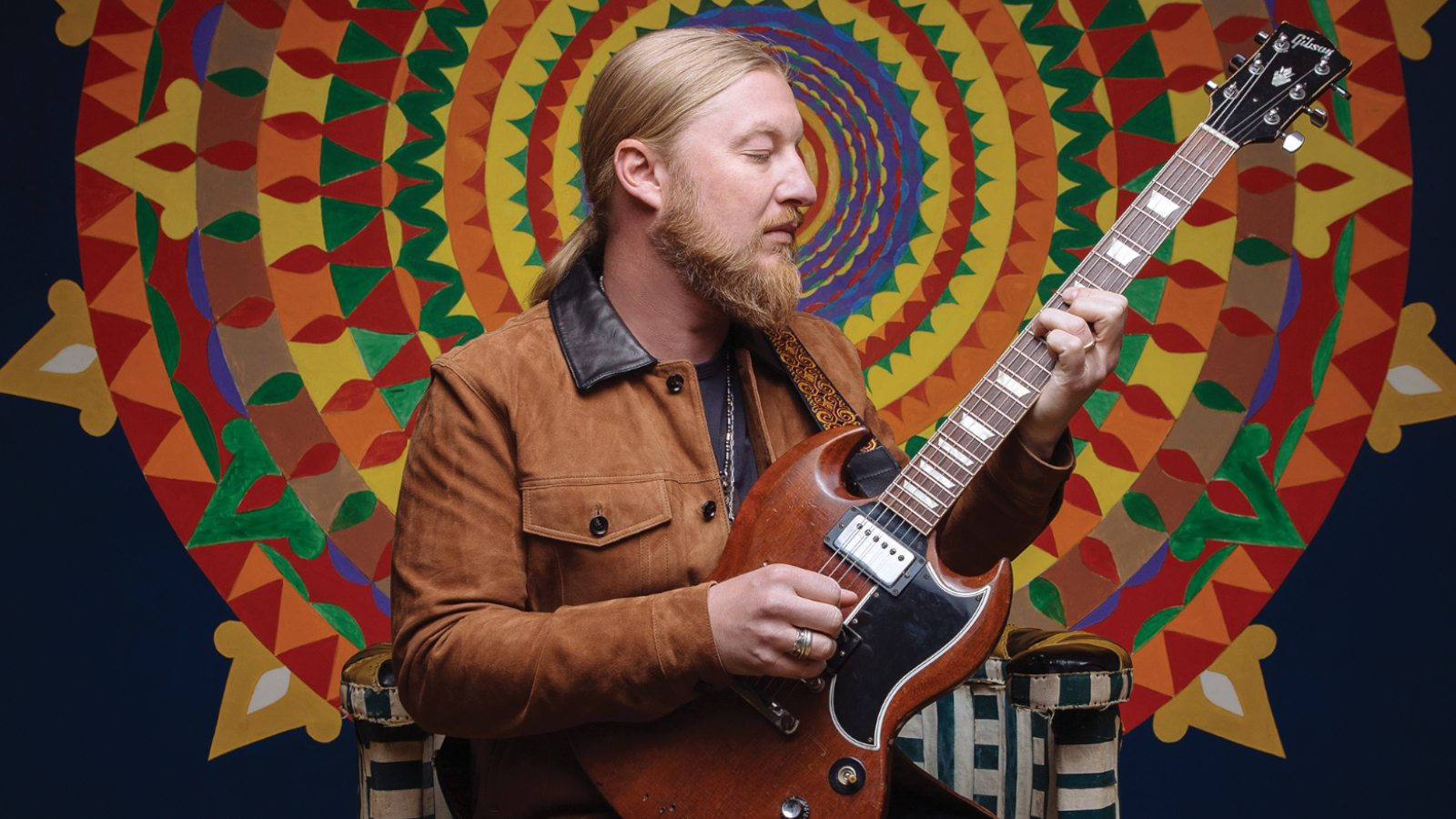
Trucks has worked extensively with Clapton in the past, so his interest in the poem was already piqued.
“I had been meaning to read it for about 15 years,” he tells Guitar Player. “So when Mike proposed the idea, it wasn’t with the idea of making a record; it was more of a nice thought exercise for the whole band to be on the same page, because we were all stuck at home.”
Given the tragic nature of Layla and Majnun and its tale of unrequited love, one might naturally expect I Am the Moon to be a collection of maudlin, downbeat songs.
In fact, it is far from it.
Covering a broad spectrum of blues, soul and gospel, the record explodes with joyful, powerful and positive music.
“The poem details a sense of longing,” Tedeschi explains. “And I think the alternative ways of viewing that desire just seemed to fire up everybody’s imaginations. The songs sound positive even when, sometimes, lyrically, they are perhaps a little dark.”
Naturally, the four records are overflowing with killer guitar playing. Trucks’ slide playing has never sounded so expressive, and on the tracks where he and Tedeschi trade solos, the enthusiasm leaps from the grooves.
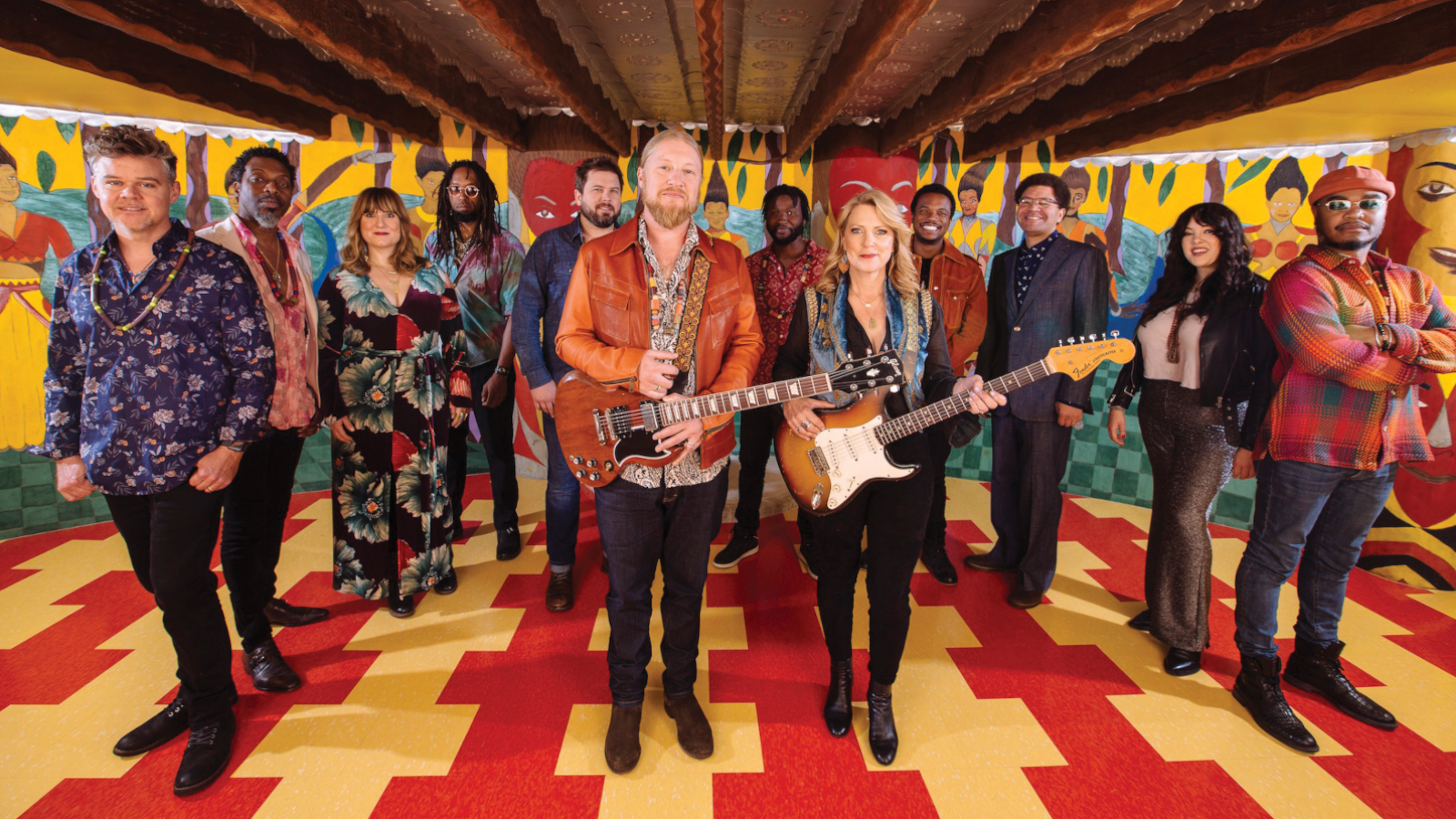
“The whole band is really thrilled with what we’ve created,” Tedeschi says, “and I think we all appreciated that this was a special project that we were really able to focus on.”
Trucks concurs. “It came together better than we could ever have hoped for,” he says. “We certainly didn’t think that we were going to write this much music, but we could tell that something special was going on as we were recording.”
Could this project have happened without lockdown and the enforced layoff from touring that it dictated?
The whole band is really thrilled with what we’ve created
Susan Tedeschi
DEREK TRUCKS The amount of time that we had available was definitely what allowed us to do this. Another aspect of that is, between us, we’ve been on the road for maybe 20 years without a break, and the fact that we were forced to stop gave us the chance to regenerate our creative spark.
Even though the pandemic and lockdown were really terrible for so many people, it was, ironically, kind of a perfect storm for us as a band.
Given that there is so much new music, did you always envisage that you would release it in stages, over four separate albums?
SUSAN TEDESCHI When we started recording and putting the songs up on the board, we realized that there was way more material than one record’s worth. I think we were all of one mind that the way records used to be made, where a great album would last between 30 and 40 minutes, was a much better approach from an artistic point of view.
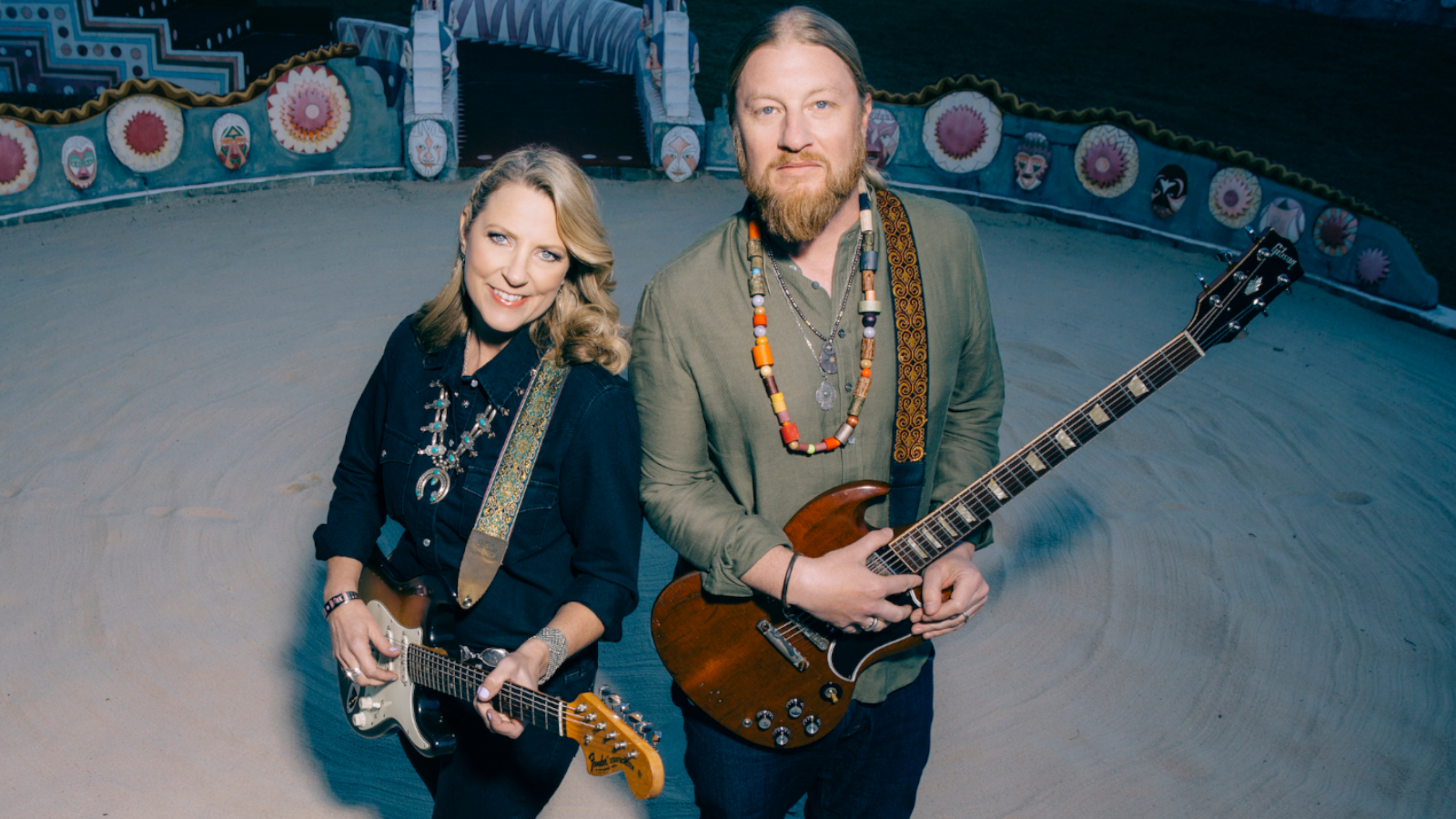
It’s such a sweet spot for running time, and you can really focus your attention on the music. I think the CD format is largely to blame for the increasing length of albums, where there was so much more available space. Whereas when records only came out on vinyl, the optimum sound quality was around 20 minutes or so per side. The way we’ve divided it up means each set of songs works perfectly on vinyl.
You already had a big live repertoire. With the new songs added in, what would you be looking at?
TRUCKS It’s about 150 or so. When we did the Beacon Theatre [in New York City] a year ago, we performed about 118 songs over the course of seven shows, and that wasn’t everything we could have played.
We use our soundchecks every day as a rehearsal, and we also set up a small rehearsal room at the venues where we can work on ideas
Derek Trucks
TEDESCHI When we’re writing set lists, we run out of space because there’s so many songs we want to play. [laughs] We’ve already done some shows where we played the first record in its entirety, and I think we’ll do that for all four of the albums.
How do you keep so many songs stage-ready?
TRUCKS We use our soundchecks every day as a rehearsal, and we also set up a small rehearsal room at the venues where we can work on ideas and tighten up problematic parts or whatever, just with little amps. When we haven’t done a song for a long time, we need to really kick it around.
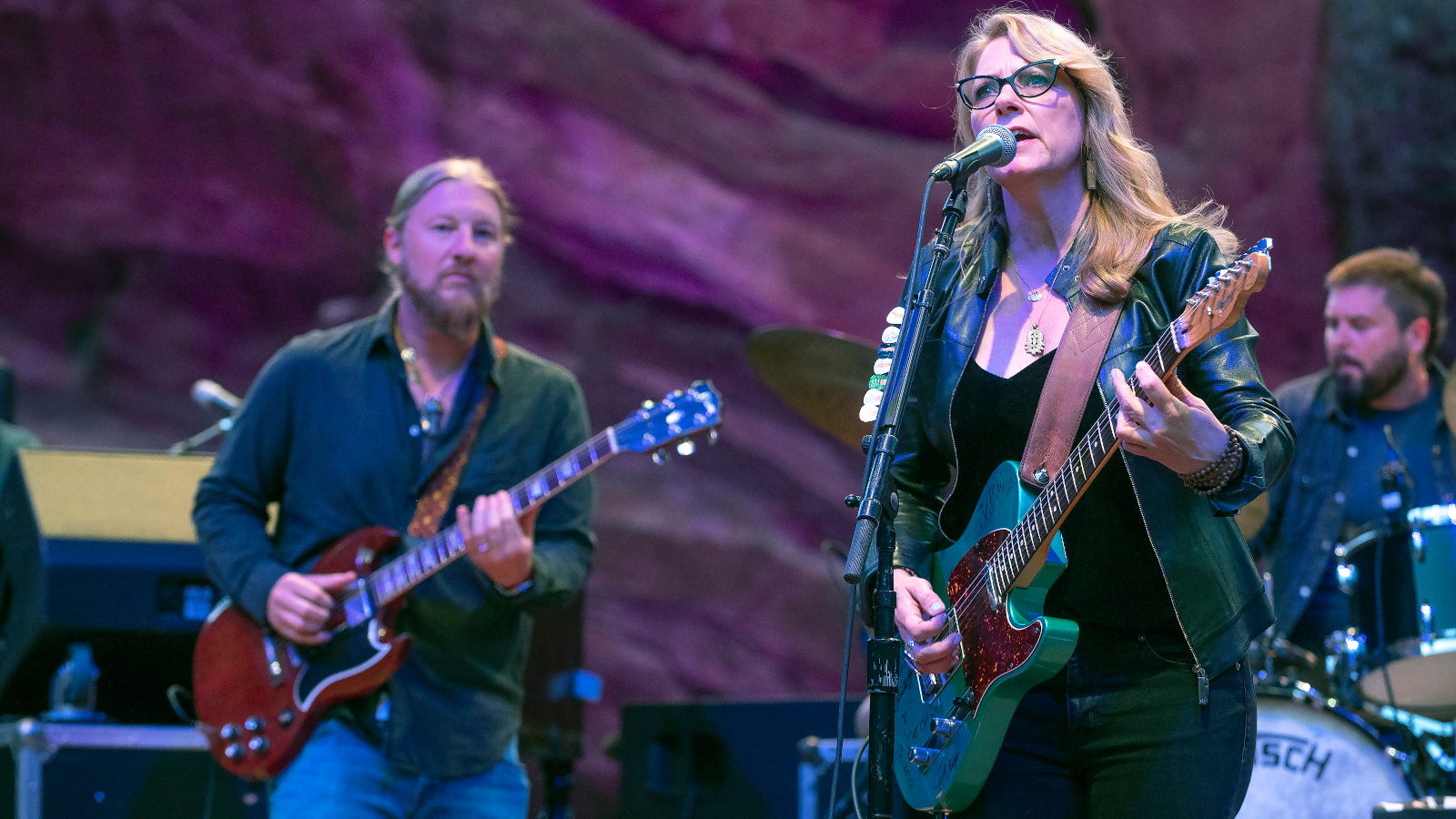
Given how many songs you recorded, the sequencing of the albums must have been quite a challenging process, I imagine.
TRUCKS We really spent a lot of time on that. We realized very early on that there was way too much music for a single album. A few more weeks down the line, I asked a good friend of mine, Jud Strickland, if he could sequence the four albums. He really got into the details.
He had a card for each song with tempos, time signatures, what key it was in and what kind of feel each song had. I’d gotten way too close to the process, so he really managed to pull everything together on that front.
What were your go-to guitars for the albums?
TEDESCHI I used my ’93 Tele a lot. I was planning on using a whole bunch of guitars, but we were literally writing and recording ideas off the floor, live, thinking we might go back and add or redo some parts, but that never happened, and we kept the first versions pretty much as we came up with them on the spot.
We realized very early on that there was way too much music for a single album
Derek Trucks
That meant that we ended up mostly using the gear that we take out live. I actually played a Gretsch White Falcon a little bit, plus I used a guitar that I stole from Derek that I really love, which is a Custom Shop replica of Eric Clapton’s Beano guitar [as used on the John Mayall’s Blues Breakers With Eric Clapton album].
He had a couple of those made, and he gave one to Derek, but I’ve been playing it a lot. I also used a ’30s Martin 00-17 for a lot of the acoustic work.
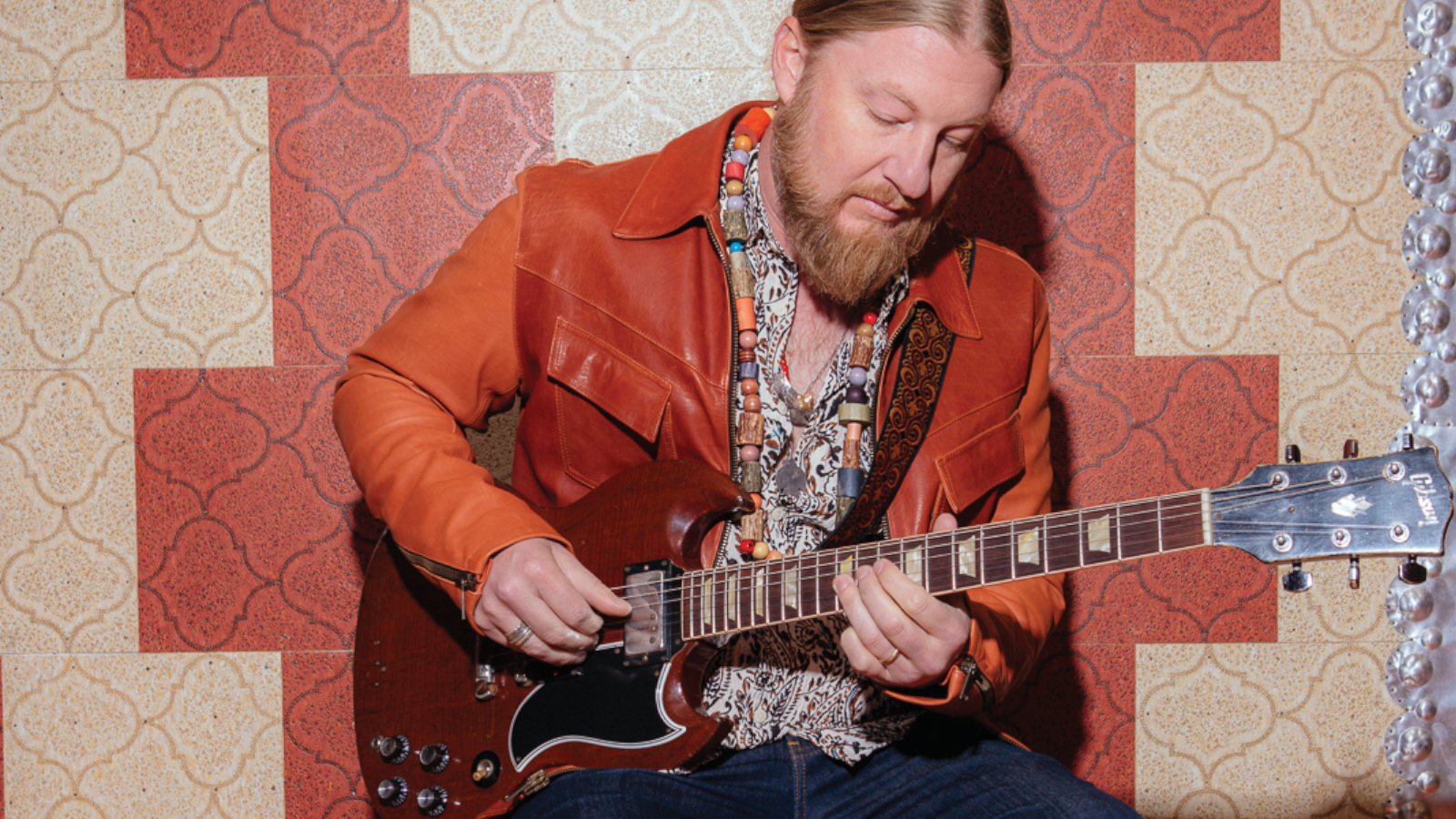
TRUCKS I think the vast majority is the B2B [Brother to Brother] Dickey Betts reissue SG. I also used a ’65 Gibson ES-335 and a ’30s L-00. And I played an old National resonator guitar and an old Gibson Roy Smeck as well.
With the exception of the acoustic guitars, we generally take the guitars on the road that we record with.
What were your amp choices? There are some seriously great tones all over the record.
TEDESCHI I mostly used my Fender ’64 Deluxe Reverb that I’ve had for years. I don’t use much in the way of effects. I have a Vox wah-wah pedal and a Moollon Zeppelin overdrive, but that’s pretty much it.
Derek plays in open E tuning and I’m in standard
Susan Tedeschi
TRUCKS The main tracking amp for me was a ’64 Fender Deluxe Reverb, which has an incredible sound. I also used a Vibrolux occasionally and a little tweed Deluxe that I used here and there, plus a real old lightning-bolt Supro.
When you’re both working out your respective guitar parts, how much planning goes into who plays what? It must be difficult enough anyway to carve out your own sonic space with such a big band.
TEDESCHI I guess that’s pretty much become an instinctive, organic thing for us now. Of course, we already play so differently from each other, as Derek plays in open E tuning and I’m in standard.
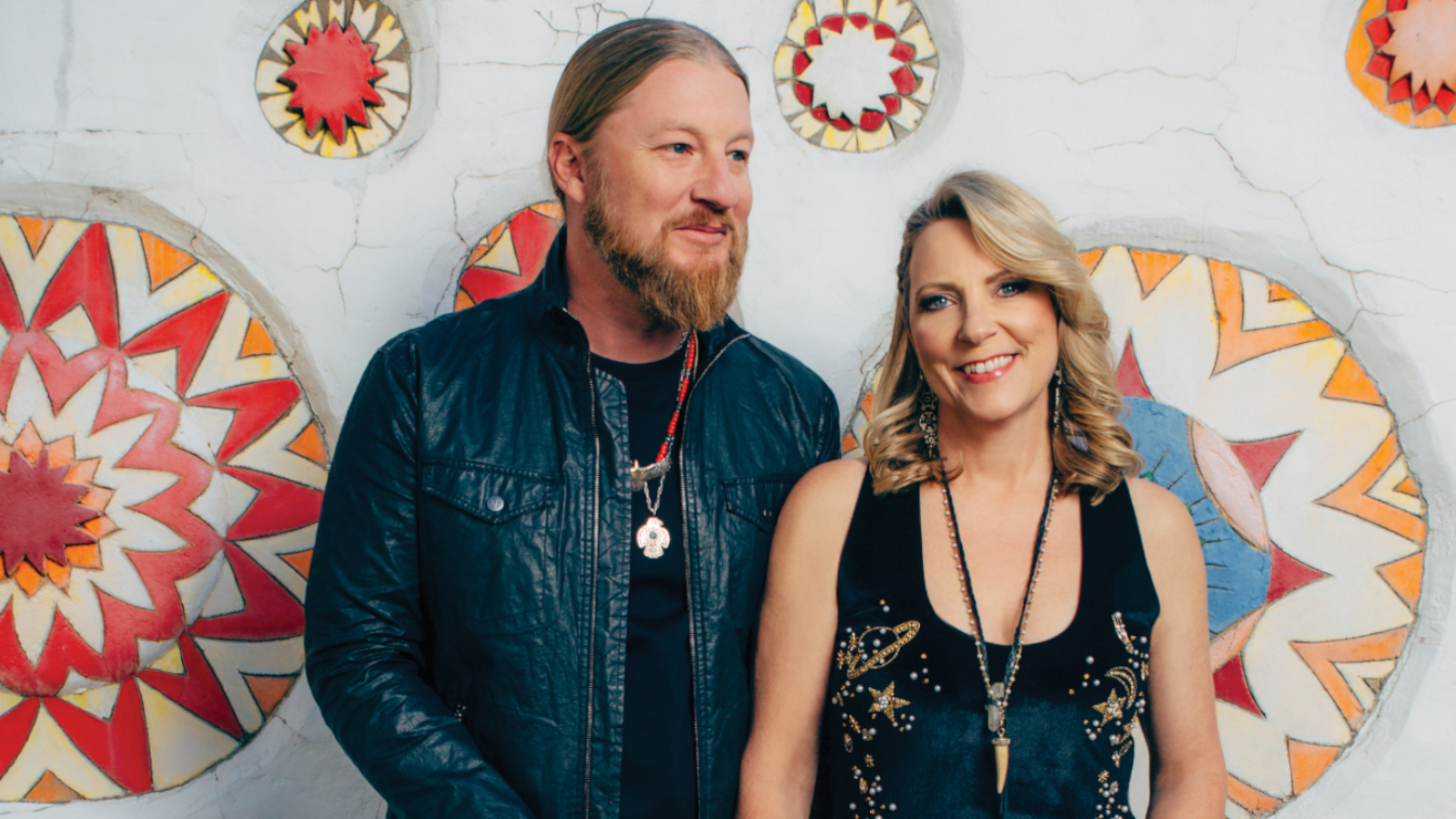
Derek tends to use an SG a lot, so I would instinctively opt for my Tele, for the mix of humbucker and single-coil sounds. We try to avoid both using humbuckers, although the tone of the Beano Les Paul is very different from Derek’s SG, so that is an exception.
Sometime Derek will play all the parts on a particular song for the record if I’m concentrating on the vocals, but then I’ll figure out for the live show how to cover some of those guitar parts.
TRUCKS A lot of it is definitely instinctive at this point. Plus, since I’m in open E, if a song calls for open cowboy chords, that’s already a non-starter for me.
Derek tends to use an SG a lot, so I would instinctively opt for my Tele, for the mix of humbucker and single-coil sounds
Susan Tedeschi
A lot of times it depends on who writes the song. Whoever writes it, the other tends to fold in around that. With so many years behind us now, we have a real instinct for what works. When we do find that something just isn’t working, we’ll really drill down on our parts.
You both have strong individual styles. What do you think is the secret to getting started and finding your own voice on the guitar?
TEDESCHI I think the best start is to find out who you like to listen to and try to play along to their records. For me that was Magic Sam, the three Kings, Otis Rush, Johnny Guitar Watson and T-Bone Walker.
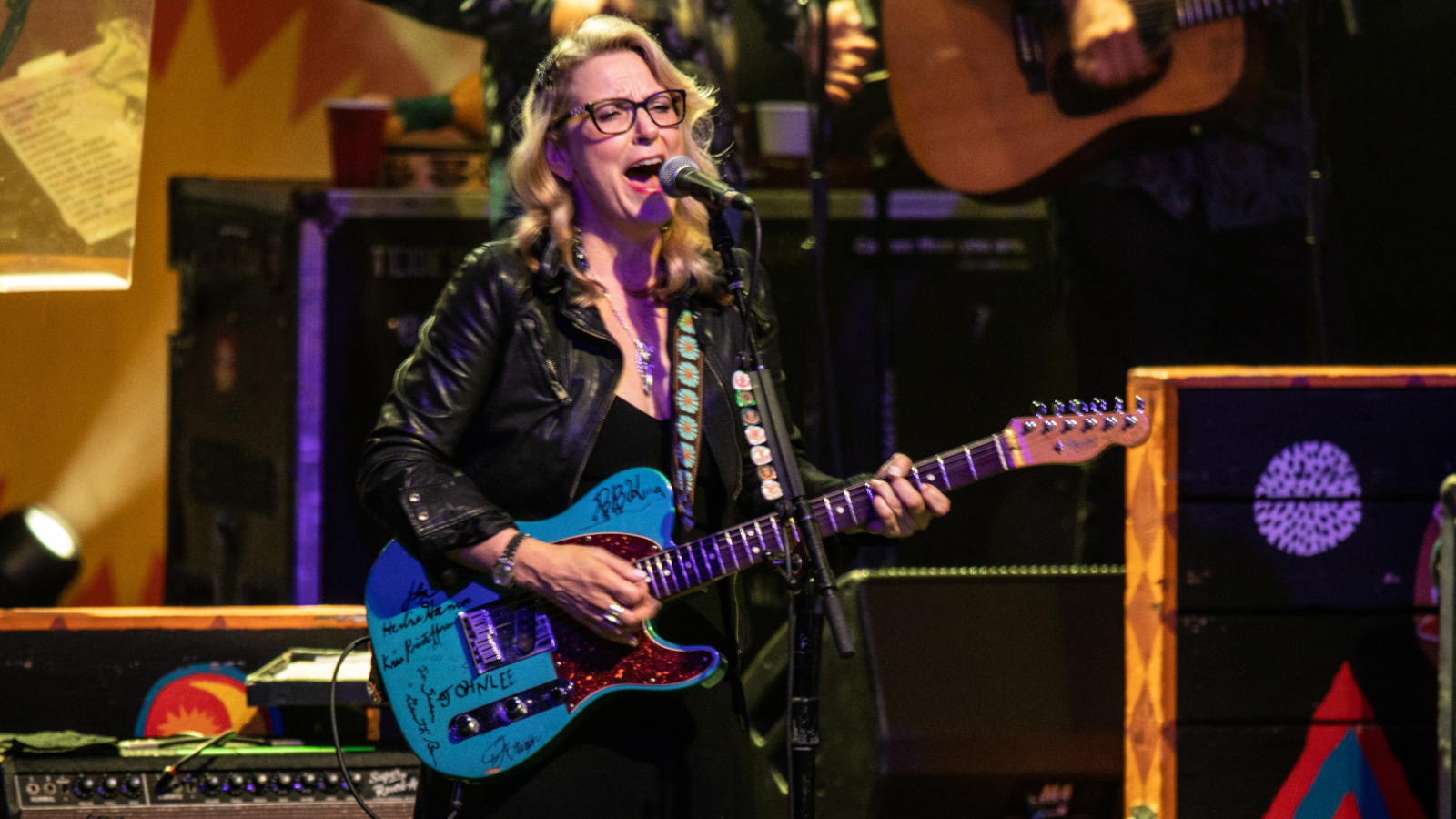
I did five world tours with B.B. King, and I also used to tour with John Lee Hooker, so those experiences were unbeatable in really steeping myself in the traditions and roots of the blues. I learned so much.
When you start to study your favorite records, you begin to hear licks and phrases, which you unconsciously adapt to your own playing. But in doing that, they morph into an essential part of your own vocabulary as a musician.
The next thing you need to do is get up and play live, because that’s where you really forge your own identity. Then you see what does and doesn’t work with an audience, and you learn how to build a solo and the importance of rhythm.
Rhythm is so important. I think when people have blind spots in their music, it’s often due to rhythmic limitations
Derek Trucks
TRUCKS Rhythm is so important. I think when people have blind spots in their music, it’s often due to rhythmic limitations. That’s where listening to great drummers can be inspiring. Playing the guitar isn’t just ripping and playing solos, although that can be incredible fun. [laughs]
TEDESCHI Finding your tone is crucial. That often comes down to experimentation. Make sure everything you play is musical, with a beginning, a middle and an end.
TRUCKS I started out when I was so young, so I was kind of lucky in that regard. By playing and meeting a lot of people and listening to what they were doing and recommending to me, I found things that really moved me. And that was where I drew inspiration from.
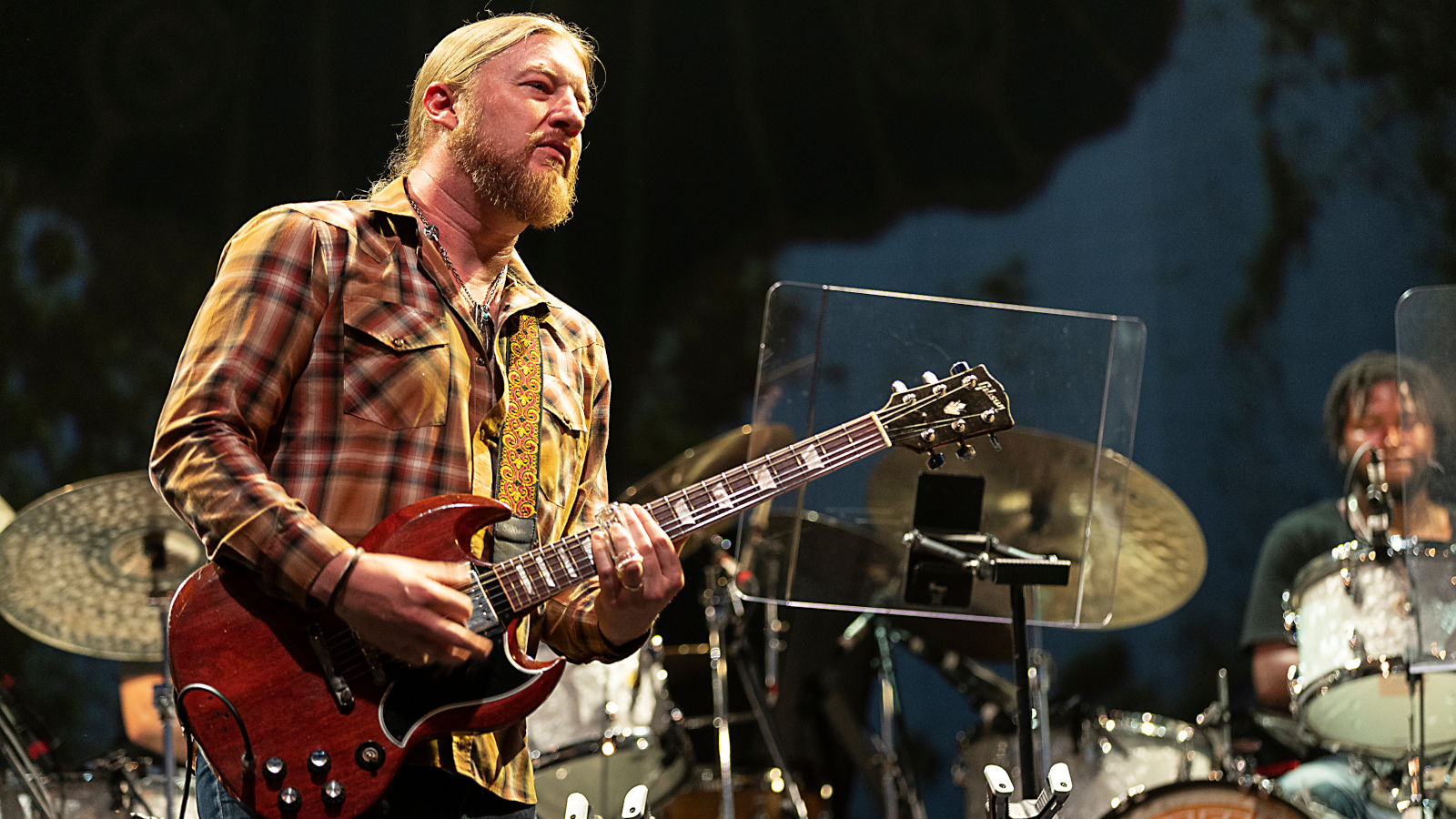
The more you listen, the more you find what moves you, and at some point you stumble across combinations that no one’s really come up with before. And that’s the entry point for discovering your own unique thing.
I think the starting point is always to absorb what you love about other people’s playing, because in the end, every player is a combination of their influences. No matter who your guitar heroes are, you always know what they were listening to.
But then the secret to their success is similar to how a great chef tastes food: Those legendary guitarists took their influences and found something in there that spoke to them and allowed their own identity to shine through.
Make sure everything you play is musical, with a beginning, a middle and an end
Susan Tedeschi
Obviously, Duane Allman and being born into those waters were the starting points for me, followed by Delta blues and the three Kings. But then I really got interested in Indian classical music.
Do you think it’s important to listen to musicians who don’t play the guitar?
TRUCKS Totally. I really love tenor sax players, like Wayne Shorter, John Gilmore and John Coltrane. Things like that became the bedrock for me. People should be open to all areas of music, because you don’t know where inspiration might come from.
What sparked your interest in Indian music?
TRUCKS I got into it through our good friend Colonel Bruce Hampton. A drummer that was playing in his band, Jeff Sipe, turned me on to Pakistani qawwali music and Indian classical music artists like Ali Akbar Khan, who was really the guy for me. I really dove right into it for quite a period.
Later on with Kofi [Burbridge, Tededschi Trucks’ former keyboard player and flautist, who died in 2019], we’d really dig into those scales. I would go sit in on some of Ali Akbar Kahn’s classes at San Rafael in California.
Whenever we were out west, Ali would let us drop in and check things out. To say I studied would maybe be taking it too far, as I didn’t spend enough time, but I definitely did investigate it in depth.
When you started to explore Indian music and discovered the different microtonal subtleties, did you immediately connect that with slide guitar, where the fine microtonal nuances are something that is very particular to slide playing?
TRUCKS Yeah. The fact that I’m essentially playing a fretless instrument and the sarod is a fretless instrument was one of those little epiphanies that you get when you’re exploring music. I realized that, with slide, you’re really singing through your instrument. There are no frets on the human voice.
The melodies are so incredibly strong in a lot of Indian classical music, and that was something that really hit me. What Ali Akbar Khan did was very modal when he was exploring those ragas, and it was almost like the rules changed in mid-melody. It could be based on whether it was an ascending or descending melody.
Things like that just totally captured my imagination and opened up new pathways to expressing myself on the guitar.
Do you feel restricted when you’re not playing slide and you’re working with frets and a more definite sense of where notes sit?
TRUCKS I feel like it just gives me different ways to explore. There’s an Indian electric mandolin player that I listen to a lot, Srinivas, and when you hear him play you can’t even tell that it’s a fretted instrument.
I sometimes think about his approach when I’m playing without a slide. It’s a way to blur the lines between fretted and slide playing.
Did you ever learn solos note-for-note from old records?
TRUCKS Yeah, I definitely borrowed/stole a lot of lines from horn players. [laughs] Any time that I’d hear a phrase or a melody that really pulled my ear, I’d try to work out what they were doing and adapt it for guitar.
I think with horn players and the fact that they’re not playing the guitar, they can come up with ideas and approaches that you hadn’t imagined before.
What’s funny is when you find something like that on the guitar, it’s almost like you’re saying, “Oh yeah? That’s been sitting there on the neck the whole time and I never knew?” [laughs]
[Derek Trucks] can play super loud or pin-drop quiet. It’s all about using dynamics to tell a story
Susan Tedeschi
TEDESCHI T-Bone Walker’s “Here in the Dark” and “Right Place, Wrong Time” by Otis Rush were two real favorites. But as I said, even though you play what they played, you find that your own personality starts to change the way lines are phrased, and that’s when you start to put your own stamp on ideas that you hear other people play.
I would say playing with Derek has really improved my playing. I realized how dynamic a player he is, and that’s opened my eyes to the idea of being more patient and letting a solo build up.
He can play super loud or pin-drop quiet. It’s all about using dynamics to tell a story. It’s been such fun to play with Derek.
Do you think you brought influences to each other that you hadn’t previously been aware of?
TEDESCHI Definitely. When we first started dating, Derek would kid about how we had brought these new artists to each other. He didn’t know who Magic Sam was, and Derek liked a lot of people that I wasn’t familiar with, like Sun Ra and some really weird and wacky stuff.
Derek liked a lot of people that I wasn’t familiar with, like Sun Ra and some really weird and wacky stuff
Susan Tedeschi
The funny thing is that I went to jazz school, and he knows way more than I do about jazz, that’s for sure. [laughs] He can hear something and identify the artist in two seconds, whatever their instrument.
We both liked Wes Montgomery and Grant Green before we met each other.
TRUCKS That was one of the real fun things when we first got together, to explore our mutual likes and trade favorites.
Let’s discuss some of the tracks in detail. “Playing With My Emotions” sounds like you’re trading lines on the solo.
TEDESCHI Yeah, that’s right. That was a really fun one to play. Derek wanted us to both take lines on the solo, and I think it worked out really well. It has a joyful spirit to it.
TRUCKS That’s one of the tunes where we basically wrote it and played it in the studio. The trades were very spontaneous, we just went for the take right there on the floor. We don’t do that a whole lot on our records, so it was nice to get that on the album.
“Yes We Will” sounds like you are both taking a solo as well. There is a flavor of B.B. King’s work with the Crusaders on this one.
TEDESCHI Yes, I take the first one and Derek takes the second one. That is another real bluesy track, like “Playing With My Emotions.” Those two songs really reflected a lot of the live dynamic that Derek and I have, where we will often trade solos or call-and-response guitar lines.
I was definitely always pushing for us to get into more blues as that is such a big part of my roots and also Derek’s, so it’s very much a tribute to B.B. King.
You cover a wide range of styles on the album. A track like “So Long Savior” is a rollicking gospel number. Like many great gospel songs, the bleakness of the lyrics is in opposition to the spirit in which the message is delivered.
TEDESCHI It’s definitely a tribute to gospel music, but the acoustic feel is a little like Bukka White, where Derek plays a line and I sing it back. It is definitely rooted in the call-and-response of gospel music.
“La Di Da” has an interesting rhythmic pulse, and the solo on there is sublime. It is short, yet packs so much emotion and melody. Did you work out what you’d play beforehand?
TRUCKS That was just done live on the floor. Sometimes when you’re tracking, you think the track sounds really good, so I’m not going to leave a space for the solo, I’m just going to go for it, which does put quite a lot of pressure on me, because then I’m thinking that I really hope I don’t blow this, and we all have to start again. [laughs]
It’s mildly intimidating. You really don’t want to fuck up.
One of the simplest, yet most effective songs is “I Can Feel You Smiling.” The slide solo on there is particularly sublime.
TRUCKS That’s one of my favorite tunes on the record. Again, it kind of played itself. It was another time where I thought I should just go for the solo as we were recording.
The other thing that can be intimidating is when you record a perfect track and leave a space for the solo; then there’s a whole world of pressure to make that solo count. It gives you a lot to live up to. [laughs]
TEDESCHI That is a really beautiful song. It definitely has a mixture of [Malagasy slide guitarist] D’Gary crossed with Dolly Parton. [laughs]
For the band, is the live experience more important than making records?
TRUCKS I think that is where our heads were for a long time. This band is incredible live. I do think that there is something very enjoyable about recording though, and I think that is almost a lost art.
There are times when people don’t spend the time to craft a really great record because they’re rushing to get back on the road. I think the only way you can make a lasting statement is by making great records.
There are times when people don’t spend the time to craft a really great record because they’re rushing to get back on the road
Derek Trucks
I also think it limits a band if they aren’t creating the best record that they can. Your recorded music is your legacy. That’s what we have for all the great artists who are no longer with us.
As an artist, writing music and finding new things to say is really important. At a certain point, what you see with many acts is that they’re still playing the same songbook forever, and there’s only so much you can say.
The key point, though, is that whenever you bring new material in, it refreshes everything, gets everyone excited and inspired, and takes what we do to another level.
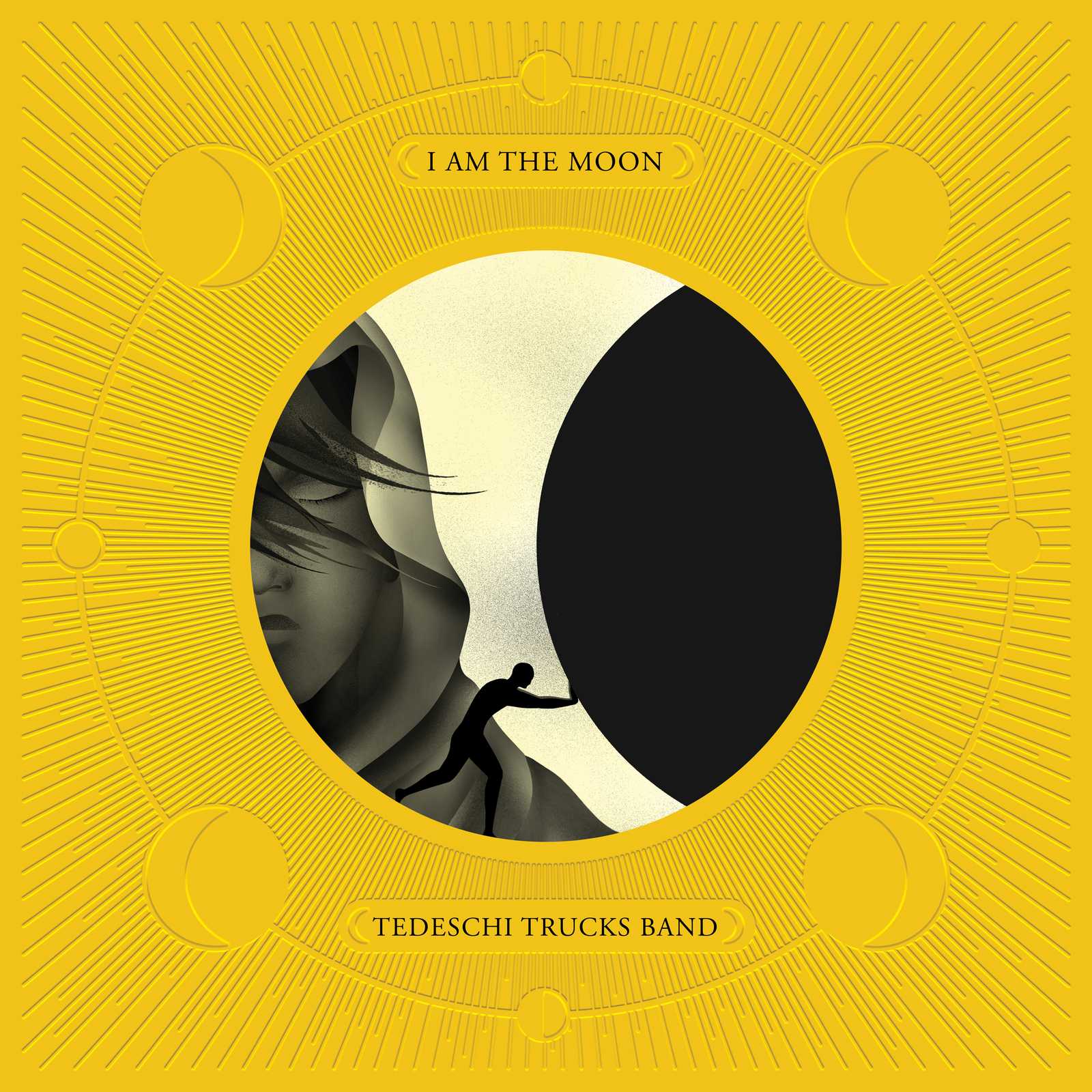
Order I Am the Moon (I. Crescent, II. Ascension, III. The Fall and IV. Farewell) here.
Mark is a freelance writer with particular expertise in the fields of ‘70s glam, punk, rockabilly and classic ‘50s rock and roll. He sings and plays guitar in his own musical project, Star Studded Sham, which has been described as sounding like the hits of T. Rex and Slade as played by Johnny Thunders. He had several indie hits with his band, Private Sector and has worked with a host of UK punk luminaries. Mark also presents themed radio shows for Generating Steam Heat. He has just completed his first novel, The Bulletproof Truth, and is currently working on the sequel.
